Review Of “Spider-Man: No Way Home”
Marvel Studios, Columbia Pictures & Pascal Pictures
Tom Holland as Peter Parker, AKA Spider-Man, in “Spider-Man: No Way Home”.
Time has always been on Marvel’s side. Ever since the Avengers first assembled on-screen, audiences have been willing to follow along with a “shared universe”, where stories and characters can last years before reaching any sort of thematic conclusion. It took a decade for Tony Stark to change from egotistical weapons-dealer to world-saving hero, yet the emotional impact of his eventual sacrifice wasn’t lost on us.
This secret ability of Marvel Studios, to defy the nature of relevancy, rests solely on the shoulders of their heroes. Marvel’s writers are always walking a narrow tightrope of charisma, humor, and emotional appeal with every recurring character. Every avenger is capable of telling a joke and pulling at your heartstrings. This, combined with a respect for the source material and an exceptional eye for casting, is Marvel’s most impressive skill, which makes Spider-Man: No Way Home their own personal talent show.

This is a film that owes a lot to it’s past, both as an extravagant tribute to Spidey’s cinematic history and as a high-stakes conclusion to what was a low-stakes trilogy. All of Far From Home’s strengths come from its predecessors, and in the Marvel Cinematic Universe (MCU), that’s not necessarily a bad thing.
Far From Home once again follows Peter Parker (Tom Holland), as he tries to recapture some semblance of a normal life after being exposed as Spider-Man. Once the consequences begin to spread to his loved ones, Parker teams up with Dr. Strange (Benedict Cumberbatch) to cast a spell, which would reverse the effects of his reveal.
Unsurprisingly, the spell goes wrong, and new villains like Doctor Octopus (Alfred Molina), Electro (Jamie Foxx), and the Green Goblin (Willem Dafoe), emerge as if from thin air. It’s now up to Spider-Man to round these baddies together and unravel the mystery behind their sudden appearance.
Now, to be frank, this is a movie that’s just begging to be compared to other movies, rather than discussed directly. It’s not ideal, but like I said before, this is a film defined by its web-slinger heritage, so we have to give it’s family tree a closer look.
For example, No Way Home reaps the benefits of being the third film in a trilogy willing to hold back punches. The past MCU spidey films, Homecoming and Far From Home, reveled in the freedom of being “small-scale” affairs. They’re about a young Parker who’s worried about prom dates and field trips, stumbling into the plots of working-class criminals. He’s surrounded by an extensive cast of side characters, like Ned, Flash, and Happy, solely there for the purpose of cracking jokes. These films aren’t trying to be the next iconic thing. They just want to have fun in the Spider-Man playground.
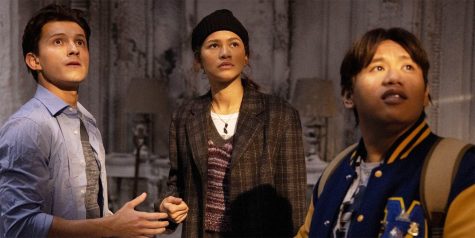
So, when No Way Home finally raises the stakes, it creates a stronger emotional impact because it’s not the norm. Had we seen this version of spider-man “saving the world” on his own before, the film’s gravitas would feel ingenuine, but because they’ve been building up for this exact moment, the pay-off feels immensely rewarding.
Better yet, the events of No Way Home forces Parker to go through some emotional, consequential growth as a character. Not to spoil anything, but his life is fundamentally changed by the film’s end, in a way that both buries the hatchet but also creates new possibilities for the inevitable sequel.
Ultimately, like Avengers: Endgame before it, what makes No Way Home more than just another CGI thrill ride is it’s mastery of the long game. Marvel was happy to spend two movies messing around with a relatable superhero and his gang of high school misfits, because they knew that the third would be all the more satisfying. That’s a level of patience that most people would kill to have. Looking at you, DC.

What interests you about journalism?
Well, I love to write, and my end-goal academically is to make that my career. Journalism not only seems like my...

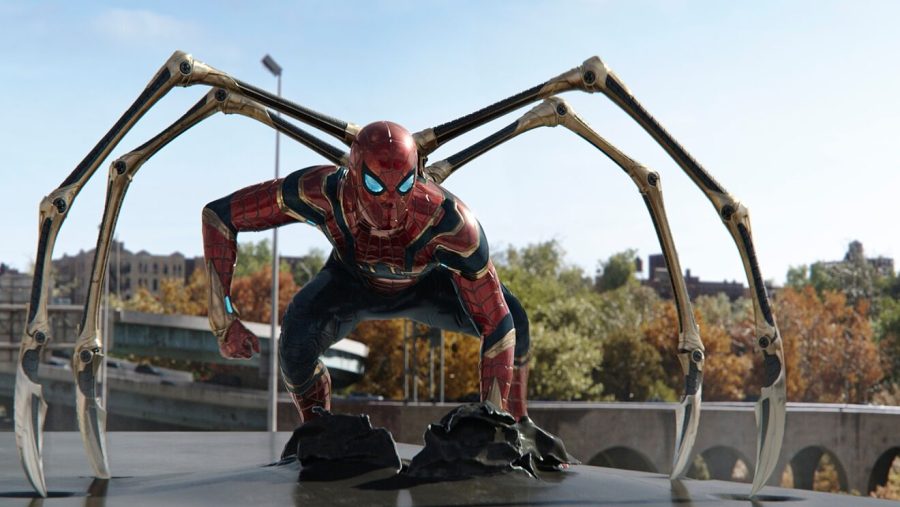
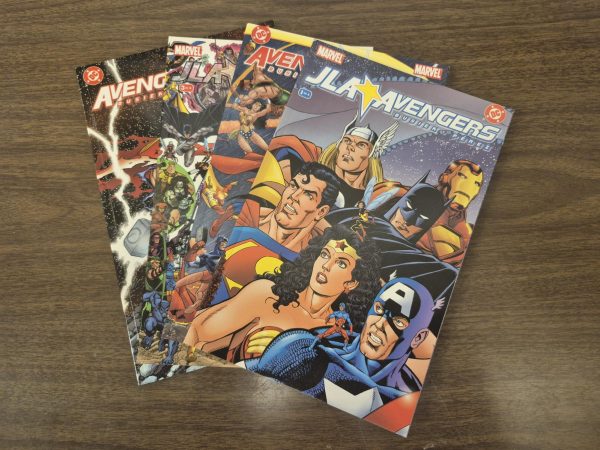
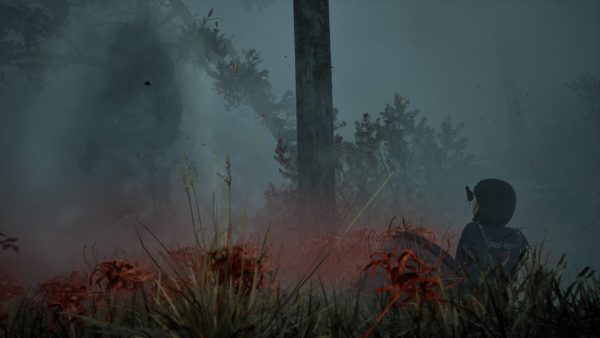

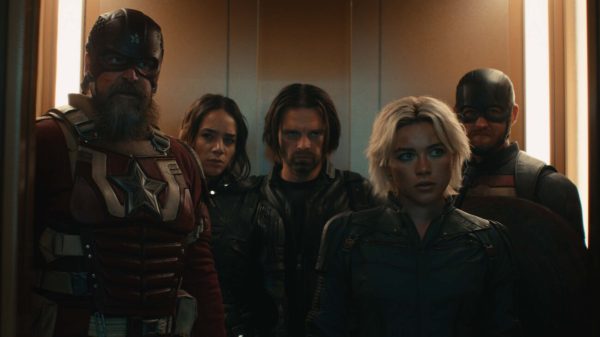





Taryn Emerson • Feb 27, 2022 at 9:00 pm
Great recap and perspective.